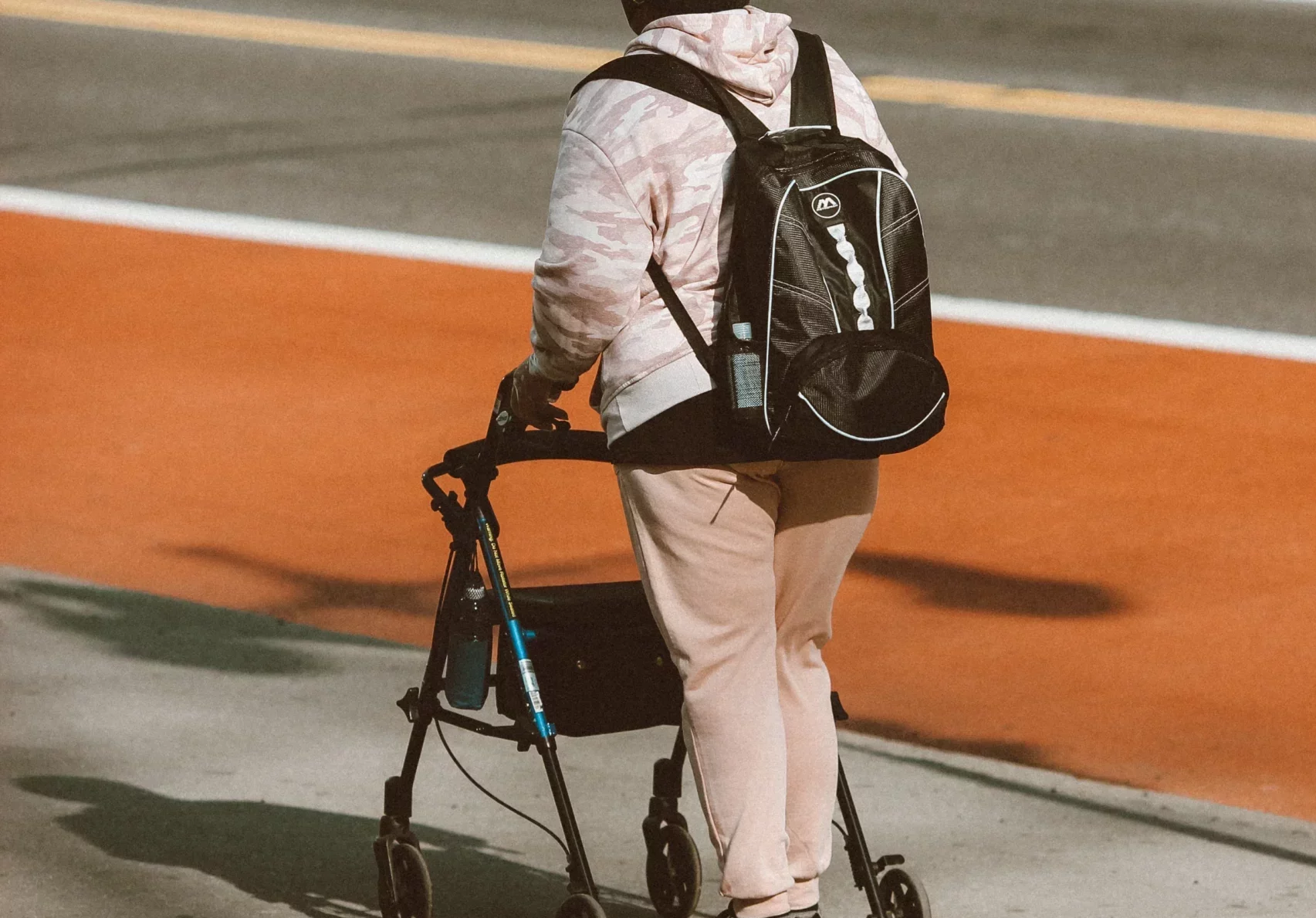This digital gap is unlikely to close on its own. Its root causes are driven by a complex set of social, economic and cultural barriers which can only be overcome with targeted intervention by advocacy, policy reforms and education in ICT.
The increasing economic and social importance of digital technologies, justify that disparities and biases exacerbate existing inequalities experienced by WGWDs rather than reduce them. This digital gap is unlikely to close on its own. Its root causes are driven by a complex set of social, economic and cultural barriers which can only be overcome with targeted intervention by advocacy, policy reforms and education in ICT.
Unfortunately, most of the WGWDs have no skilled ability for self-employment or for employment by companies. This has led to the massive influx of such women and girls to highways, traffic junctions, motor parks, churches/mosques and market gates as beggars always asking for alms and charities. The days they succeed, they are assured of food, but for most days they end without food. Most of the Disabled Persons, due to frustration resort to other forms of anti-social behaviors. There is actually very little clothing, medical care and almost no educational opportunities or training in life skills that can prepare them to become self-reliant or employable.
W3 Disability Program advances the right to digital inclusion, education and equal employment opportunities. It is thus imperative, along advocacy; to provide Digital Literacy skills training to WGWDs that would propel them into a new age of opportunities. W3 is playing a leading role in this digital transformation and digital development for economic opportunities, but also works with the Government of Ghana, policy makers and other actors in addressing the digital gap and ensuring that WGWDs are not being left behind.

